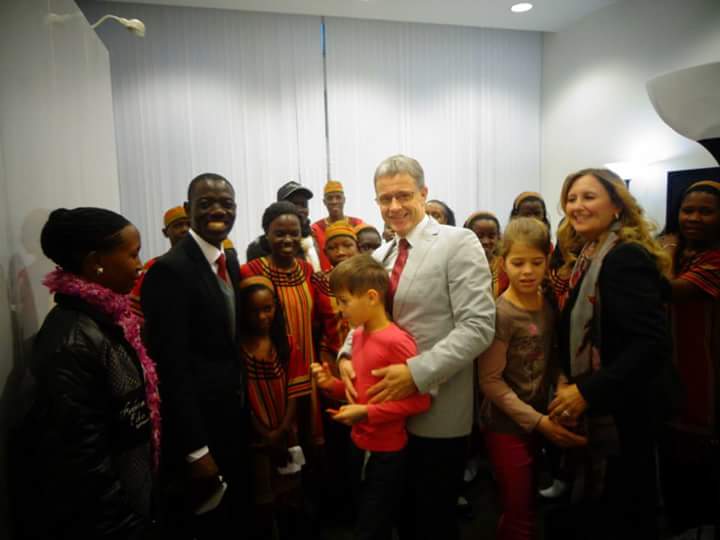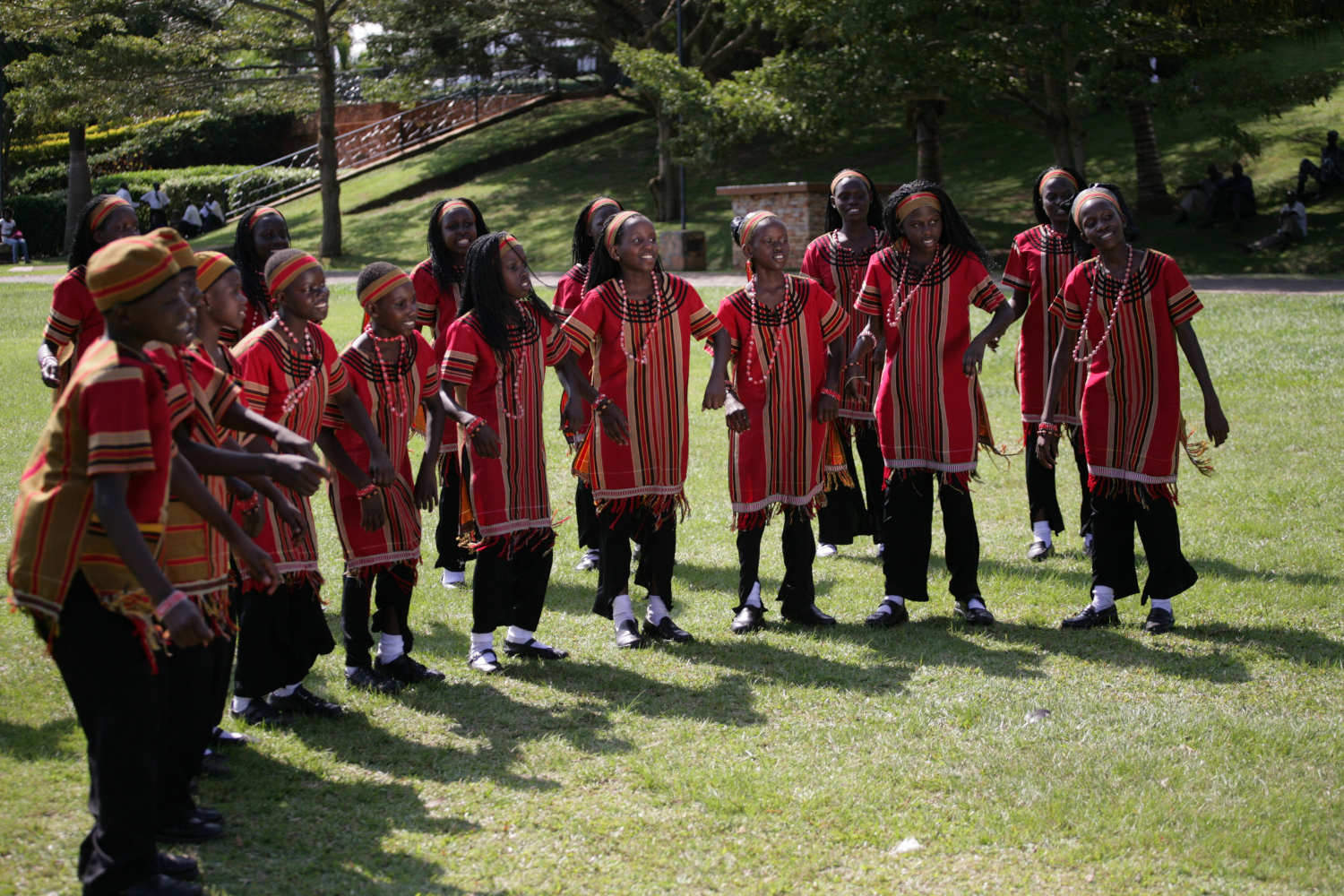
Kulturelle relasjoner
Global Community Transformation (GCT), etablert i 2008, er en registrert ideell flerkulturell virksomhet som oppmuntrer det globale samfunnet til å omfavne mangfoldet av kulturer. Den fremmer bærekraftige vennskap og partnerskap for fredsbygging, enhet og forsoning, vedtar kulturarvssentrisk turisme, tilrettelegger for undervisning i fremmedspråk med ulike teknologier og effektiv bruk av medier som i stor grad bidrar til nasjoners fremtreden og utvikling.
Hvordan vi jobber
Vi bygger partnerskap og nettverk med utdanningsinstitusjoner, kulturorganisasjoner og kulturarvsteder, utøvende kunst, motedesign, malerier, private og offentlige departementer, kunstgallerier, teatre, reiselivsnæringen, filmindustrien og museer.

